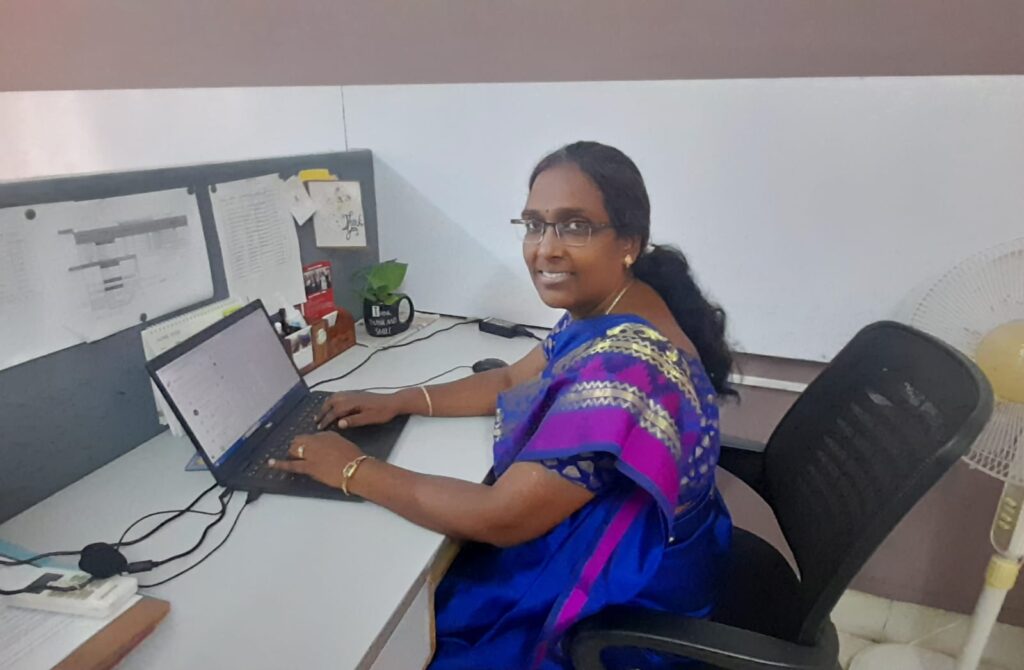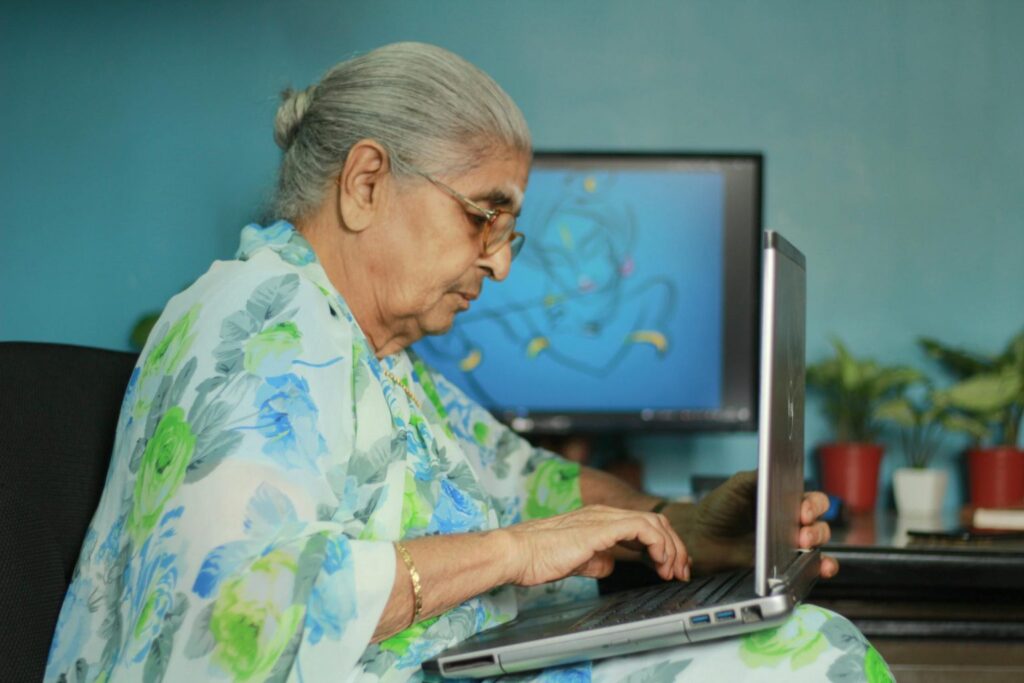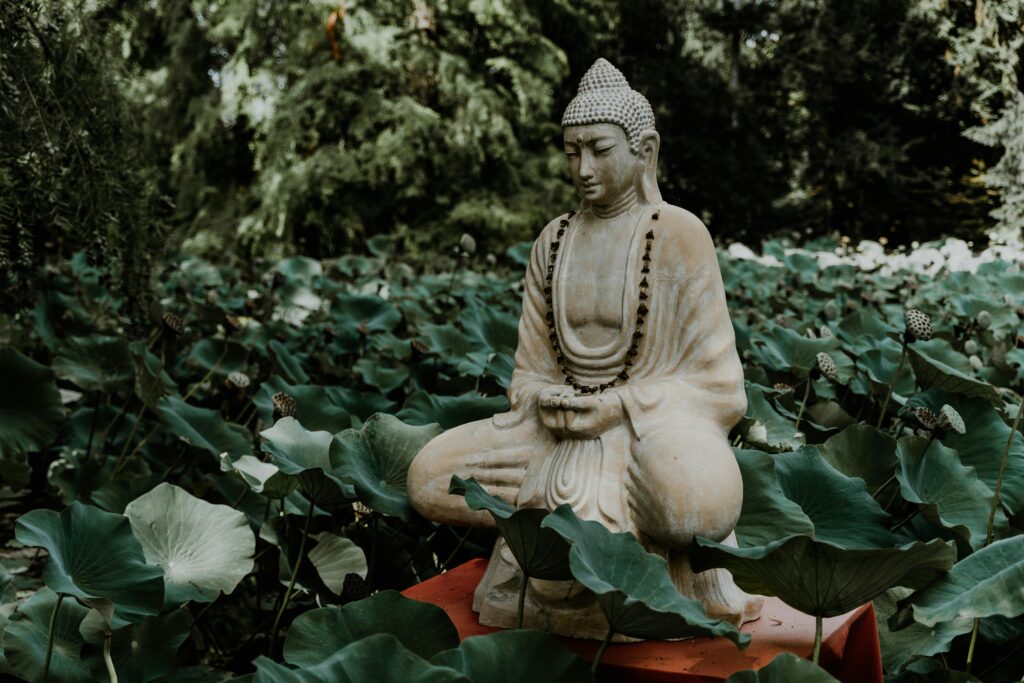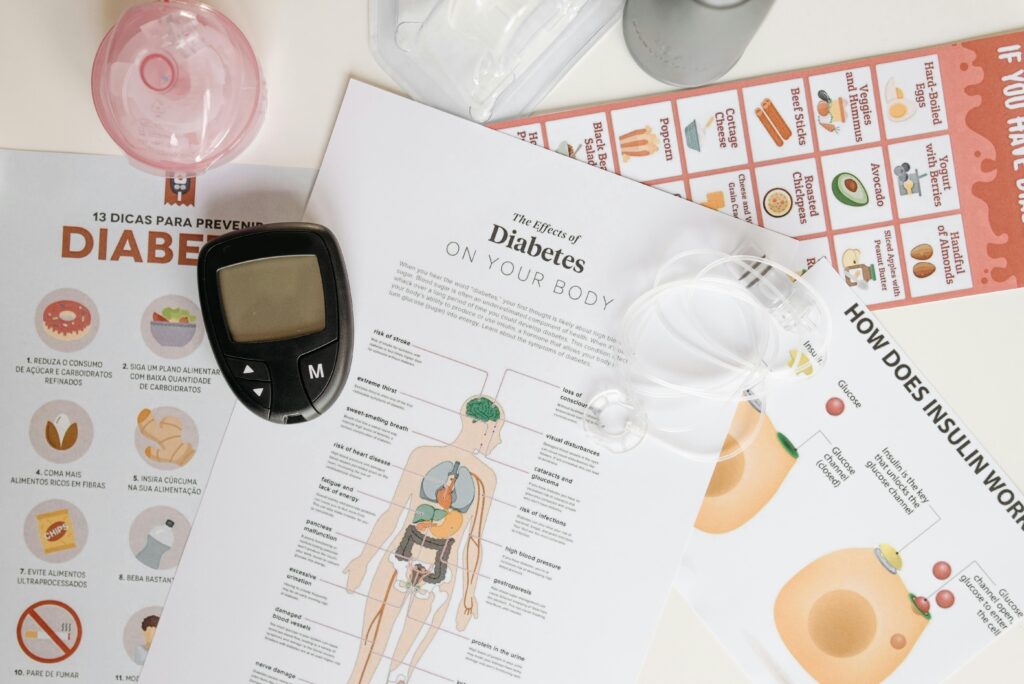Interview with Mrs. Tamil Arasi Program Manager, Anew
ANEW (Association for Non-traditional Employment for Women) is an award-winning NGO based in Chennai, founded in 1997 to empower under‑privileged young women by equipping them with market-relevant vocational skills and employment opportunities .
Their vision is to elevate the socio-economic status of women by building confidence, competence, and sustainability through holistic training and job placements.
Their flagship Home Nursing program delivers trusted hands-on training, significantly enhancing employability and empowerment for marginalized women across Chennai and beyond. Over 3,000 women trained to date under the program, who are now employed across homes, hospitals, and nursing facilities .
Shrilaxmi: Can you tell me a little bit about yourself and your background? Mainly, how did your journey bring you to this organization and this project?
Mrs. Tamil Arasi: Thank you for the opportunity. I’m Tamil Arasi. I began my career as a staff nurse after completing my nursing education in Tiruchirappalli and Chennai. I have over 33 years of experience in clinical practice and as a nursing trainer. I’ve worked in various healthcare settings, which has given me a deep understanding of patient care across different environments.
In recent years, I’ve focused on training and mentoring home nurses. My goal as a trainer is to equip caregivers with practical skills, confidence, and the compassion needed to deliver high-quality care in home settings. I emphasize patient safety, personalized care, and effective communication to ensure that our nurses are well prepared to support patients and families with professionalism and expertise.
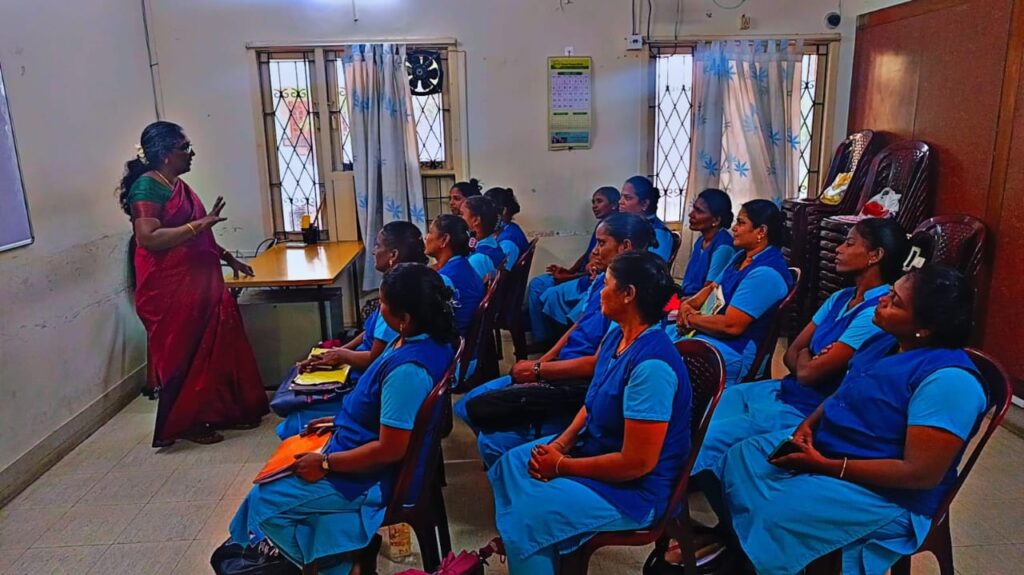
Shrilaxmi: What inspired you to make the shift from direct service to training? In nursing, there are so many growth opportunities. What made you want to move into a training and program leadership role?
Mrs. Tamil Arasi: After many years of working as a nurse, I saw how important home-based care had become, especially for elderly and long-term patients who feel more comfortable at home. Many families don’t have the time or ability to care for elders, and I felt strongly about supporting this need. Leading the home nursing care program gave me a chance to train and guide nurses who are directly supporting patients in these settings.
As a trainer, I focus on helping caregivers develop the right skills, attitude, and values to deliver safe and compassionate care effectively at home. It’s very fulfilling to know that through this program, we improve the lives of patients and also support the professional growth of the beneficiaries.
Shrilaxmi: That must be a great feeling. When you were working directly with patients, you helped a limited number of people. But now, through the people you train, your impact has multiplied.
Mrs. Tamil Arasi: Yes, exactly. I’ve been working here in India for the last two years. Before that, I worked in hospitals and trained students in community health nursing. I also conducted practical sessions in hospitals. Here, I work completely as a trainer in an NGO setup.
Shrilaxmi: Can you tell me more about when the organization began and how it evolved?
Mrs. Tamil Arasi: ANU started in 1997. At that time, the organization launched this home nursing program and conducted classes in a small garage due to limited space. Initially, the focus was only on home nursing.
Shrilaxmi: So home nursing was the first project?
Mrs. Tamil Arasi: Yes, it was the first. Later, they started programs in basic IT, Python, and web designing.
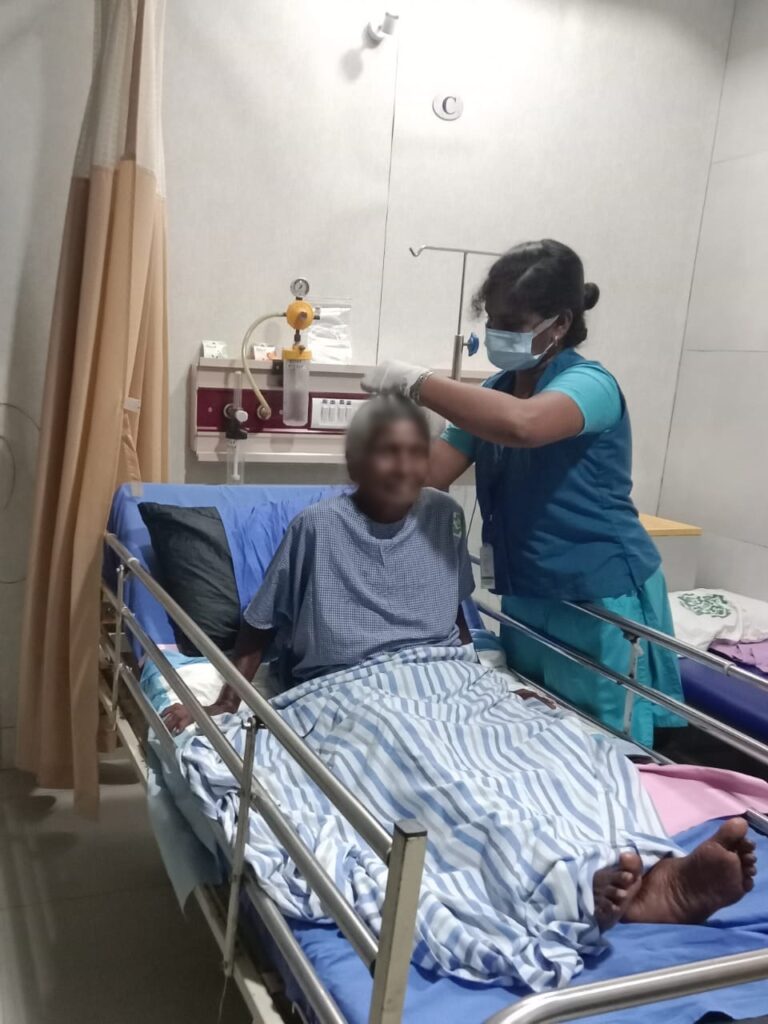
Shrilaxmi: You mentioned that you’ve trained over 3,000 women. That’s a big number, especially considering how much demand there is for home health caregivers.
Mrs. Tamil Arasi: Yes, we’ve trained 3,422 women. We provided them with practical experience. ANU partnered with Sundaram Medical Foundation to allow trainees to gain hands-on clinical skills. This is a six-month course that includes both theory and practicals. Many of our trainees have secured employment in hospitals, nursing homes, and home care settings.Shrilaxmi: Do you have a placement program for these women?
Mrs. Tamil Arasi: Yes, placement is very important to us. We offer both short-term and long-term placements based on the women’s comfort, personal situation, and career goals.
Shrilaxmi: Is there a selection criteria—age, education, etc.?
Mrs. Tamil Arasi: We start from 8th standard education level. The age group is typically 18 to 35. For women above 40, we assess their health condition before admitting them.
Shrilaxmi: Do you have a separate training module specifically for geriatric care?
Mrs. Tamil Arasi: We don’t just focus on geriatrics. Our curriculum includes many topics: anatomy and physiology, postnatal hygiene, patient care techniques, prosthetic care, CPR, baby care, catheter care, Ryle’s tube feeding, and more. Geriatric care is included as a specific module within the larger curriculum. We conduct both theory and practical sessions.
Shrilaxmi: Do you also cover issues like dementia, palliative care, and chronic disease management?
Mrs. Tamil Arasi: Yes. Our curriculum includes dementia care, mobility assistance, fall prevention, chronic disease management, hygiene, daily living assistance, nutrition, hydration, palliative and end-of-life care, and emotional support. Shrilaxmi: So, someone trained here with some experience could handle full elder care?
Mrs. Tamil Arasi: Yes. For palliative care, we even bring in specialists to train our students.
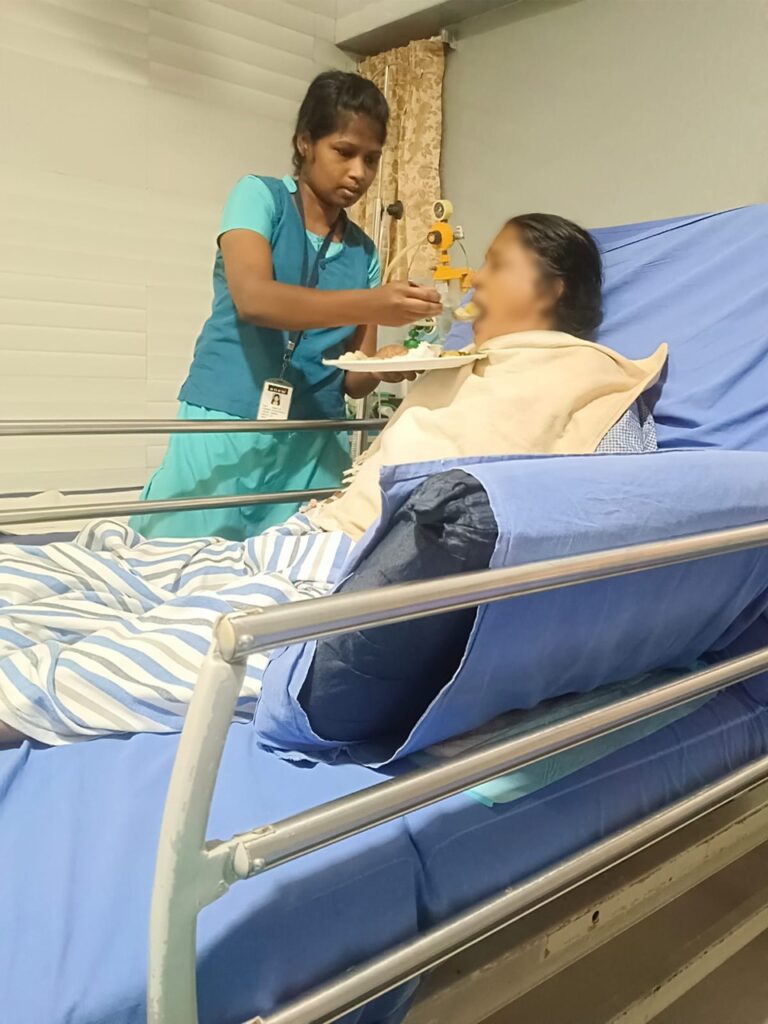
Shrilaxmi: That’s very thoughtful. Do you also train caregivers to handle emotional support needs, especially for elders who are lonely or depressed?
Mrs. Tamil Arasi: Yes, we focus on both physical and emotional care. Many elderly patients live alone or are away from their families. We teach our caregivers to offer companionship, communicate with empathy, and build trust. We also train them to identify signs of emotional distress and how to involve family members or refer for professional psychological help when needed.
Shrilaxmi: Because care giving in a home is very different from working in a hospital. You’re entering someone’s private space.
Mrs. Tamil Arasi: Exactly. We teach them to maintain dignity and respect, especially during intimate care for bedridden elders. For end-of-life care, we emphasize calmness, compassion, and presence. We guide them on how to manage their own emotions too.
Shrilaxmi: What kind of feedback do you get from the women who go through the training?
Mrs. Tamil Arasi: At first, some face challenges—maybe for the first three to seven days—but once they understand the patient and the environment, they adjust well. We haven’t received any major complaints. They learn how to deal with difficult situations and gain confidence quickly.
Shrilaxmi: What can families do to support caregivers better?
Mrs. Tamil Arasi: Families have been cooperative so far. But yes, sometimes caregivers are seen as domestic help, not professionals. We need to change that mindset. Clear communication about duties and working hours is essential. Cultural change is still catching up with the medical needs.
Shrilaxmi: I agree. Many of these women come from difficult backgrounds. What drives them?
Mrs. Tamil Arasi: They are very sincere. While money is a need, they truly care. Many of them take on a role similar to family. If it were just for the money, the patients wouldn’t get the care they deserve. Their sincerity is what makes the difference.
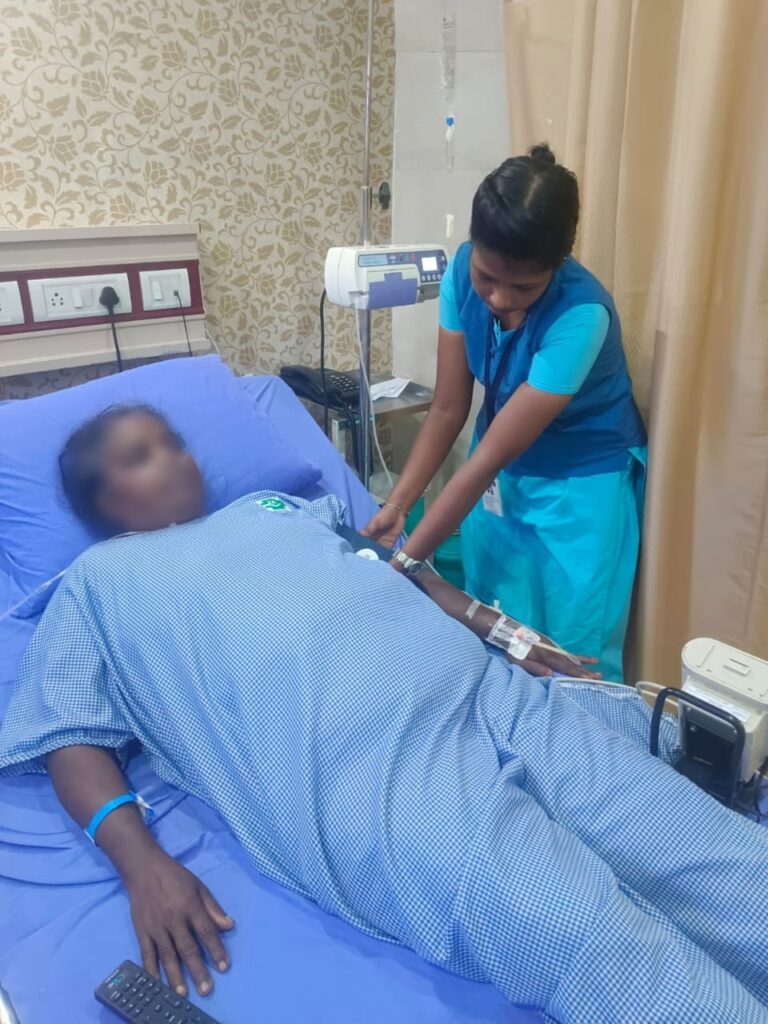
Shrilaxmi: Do you offer refresher courses for your alumni?
Mrs. Tamil Arasi: Not formally. Once they start working, it’s hard for them to return. But if they call or visit with doubts, I clarify everything. I’m always available to guide them.
Shrilaxmi: That’s really wonderful. You’ve built a nurturing system.
Mrs. Tamil Arasi: Thank you. Also, our six-month course is in partnership with Sundaram Medical Foundation. Dr. Vijay Parthiban Rajan, the Director and Trustee, has been very supportive. We also send trainees to Apollo, First Med, Geri Center (which is a geriatric care center), Banyan (for dementia care), old age homes, and baby care centers for practical training.
Shrilaxmi: That must really help them discover what area they enjoy working in.
Mrs. Tamil Arasi: Yes, exactly. We also provide handbooks, ID cards, uniforms, and stipends. The training charge is just ₹500, and we provide a monthly conveyance stipend of ₹800. Most of the women come from underprivileged backgrounds, so we ensure full support.
Shrilaxmi: That’s incredibly thoughtful. It’s clear that ANEW is not just providing training but creating a caring, supportive environment for women to grow and succeed.
Mrs. Tamil Arasi: I’m glad to share the work we’re doing at ANEW. Every small step we take helps build stronger, more compassionate caregivers—and I’m proud to be part of that journey.
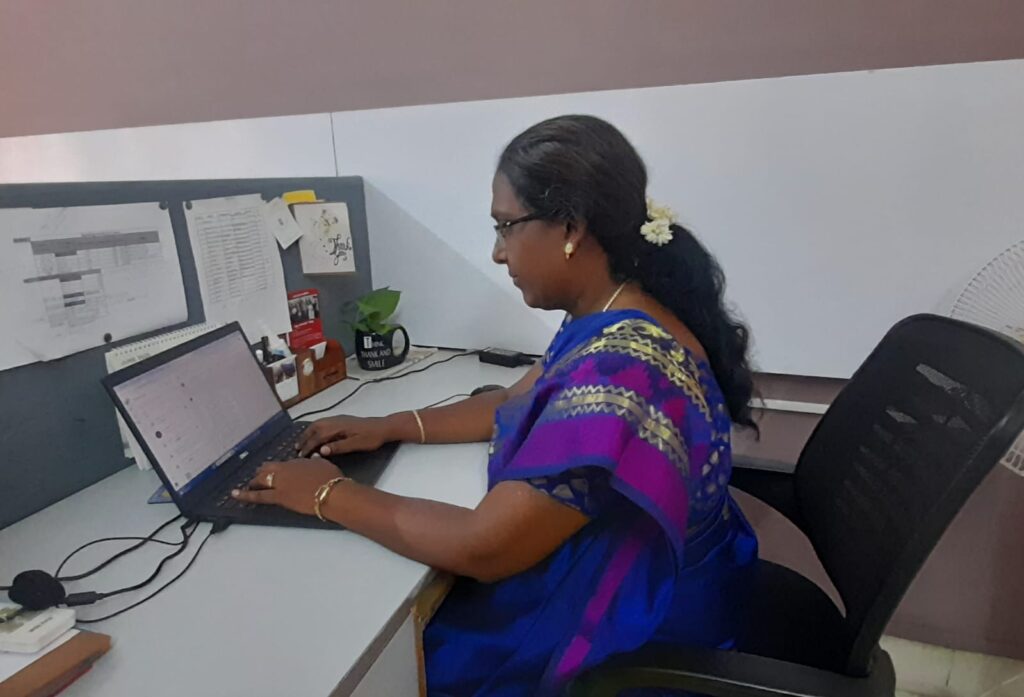
To Know more about ANEW’s work and to get involved – visit their website – https://www.anewindia.org/ or email at anew@anewindia.org/ give a call to +91 99400 72332.

